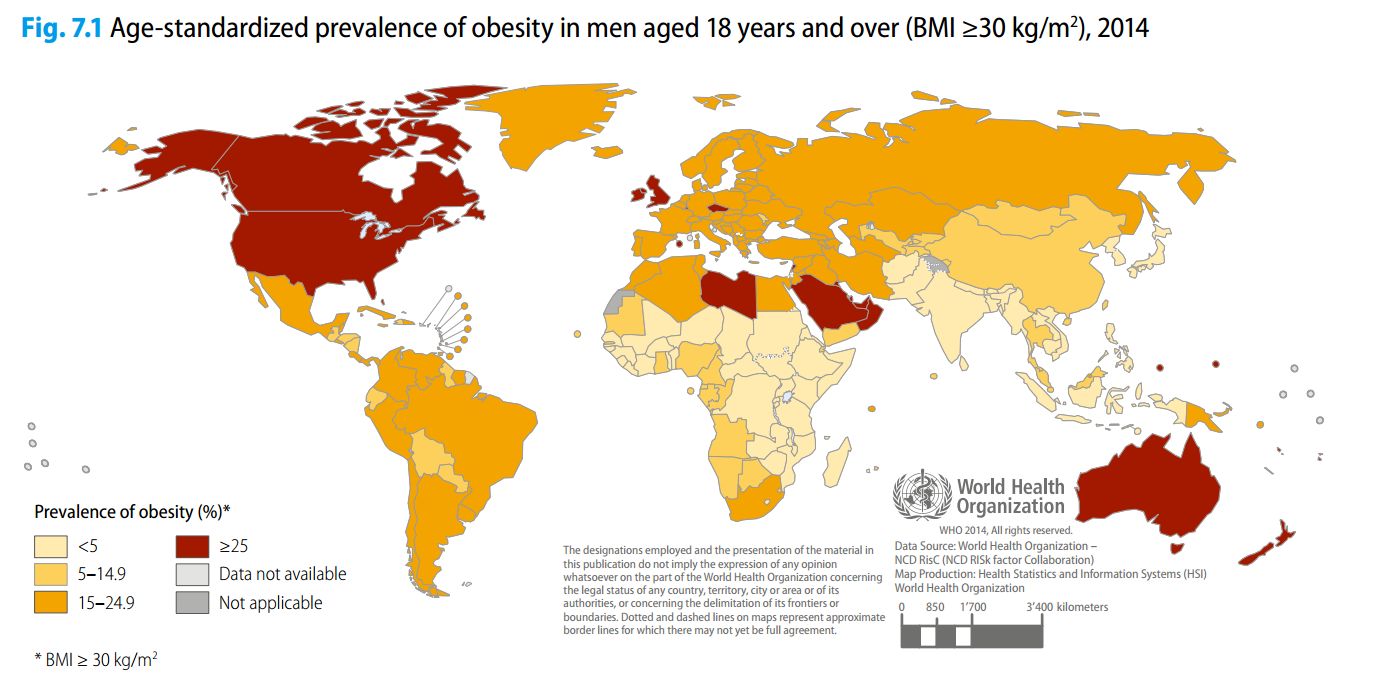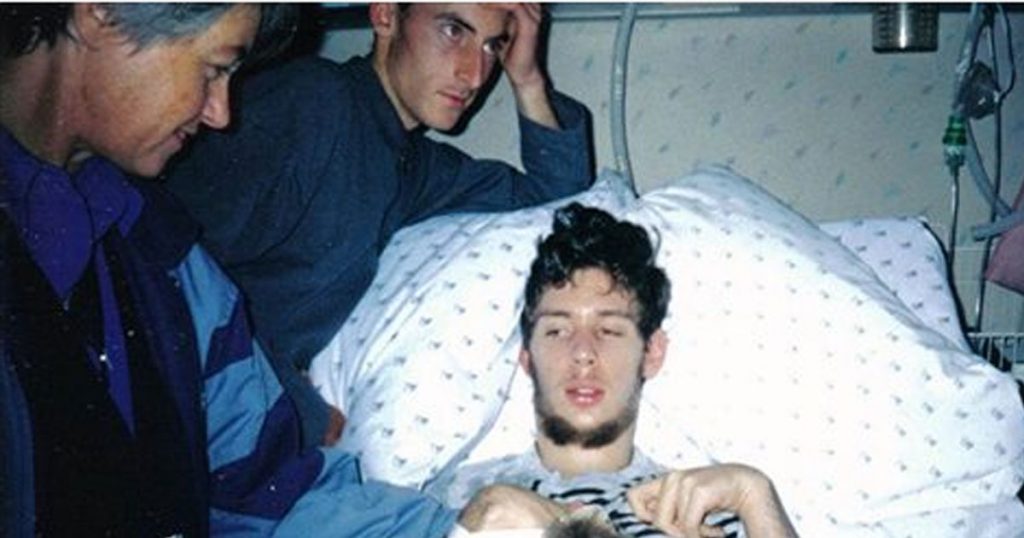Less than one-year-old, Luis Manuel Gonzalez now weighs as much as an average nine-year-old boy.
Doctors in Mexico are baffled by the case of one Luis Manuel Gonzales, who may very well be the world’s heaviest tot. Luis is being thoroughly examined by doctors who are stupefied by how he went from weighing 3.5 kg to birth — which is normal — to a shocking 28 kg (61.7 pounds) in less than a year.

Doctors initially had no idea as to what may have caused the sudden and rapid increment in weight, and his parents were left the worse off because of it. His caregivers believe that Luis needs regular doses of hormone injections which, at the lower end, cost £420 ($555) each, whereas his father earns a paltry £150 ($200) a month.

This has only served to exacerbate the family’s poverty and has left them in dire straits as they desperately try to cover the mounting medical expenses. With no other solution but to ask the public for help, the family set up a Facebook page and set up a bank account, so that those with money to spare could donate to help cover some of Luis’s medical costs.

His 24-year-old mother, Isabel Pantoja, initially believed that her ‘good breast milk’ was the reason behind her baby’s rapid weight gain, but soon realized that she genuinely had a problem at hand. Things reached a head when Luis’s pram collapsed due to his massive size.

His 24-year-old mother, Isabel Pantoja, initially believed that her ‘good breast milk’ was the reason behind her baby’s rapid weight gain, but soon realized that she genuinely had a problem at hand. Things reached a head when Luis’s pram collapsed due to his massive size.

Luis’s weight is practically that of an average 9-year-old boy, and his size has meant that he can neither walk nor crawl and has to be carried everywhere. His mother says it’s an exhausting task having to carry him so much, and fears that her son’s life is in danger.

She told Daily Mail: «After only one month we noticed that clothes did not fit him and we had to dress him in clothes for a one-year-old, and even a two-year-old. We saw our baby gain weight so fast. Sometimes, he could not sleep because he felt like he was suffocating due to his weight.»
His father is similarly concerned, telling Daily Mail: «In some cases, kids have died because of a heart attack due to being so overweight. All help given to him, small or big, is good for him.»

Luis had to visit the hospital at least four times a week for proper medical care, with experts now believing that he may be inhibited by a disease called Prader-Willi syndrome. Known to affect as few as one in every 30,000 people, the symptoms in new-borns include weakened muscles, poor feeding habits, and slow development.

The other prominent symptom — and the one that appears to have presented itself in Luis’s case — is that beginning in childhood, the person becomes constantly hungry, which in turn leads to obesity, and type 2 diabetes. Unfortunately, Prader-Willi syndrome has no cure. However, treatment has been shown to improve outcomes, especially if carried out early.

Silvia Orozco, a surgeon who specializes in nutrition, has taken up Luis’s case and believes his weight gain may not be stemming from a disorder. Instead, she suggests that it might have something to do with his mother’s diet while she was pregnant with him, triggering a change in the toddler’s metabolism. If this does indeed turn out to be the case, his condition could be reasonably controlled with hormone shots.

If Luis does continue this trajectory of obesity, he most certainly will not be alone. The WHO’s obesity statistics make for a grim reading. Worldwide, obesity has tripled since 1975, with the health watchdog estimating that more than 1.6 billion adults aged 18 and older were overweight; with around 650 million of these obese.

What’s even more damning is that a whopping 41 million children under the age of 5 were overweight or obese. Obesity leads to a host of problems, with an increased risk of heart disease, type 2 diabetes, high blood pressure, and susceptibility to certain type of cancers to name a few. Luckily, obesity is a noncommunicable disease that can be solved through relatively simple lifestyle choices such as choosing healthier foods and regular physical activity.






